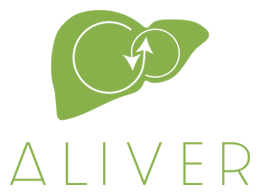Related projects
The academic-industrial consortium (CARBALIVE) has developed a novel strategy using nanoporous carbons of tailored porosity which is a cheap and safe approach that has been shown to reduce bacterial translocation and/or its products.
Computational Methods, based on human biology, are now reaching maturity in the biomedical domain, rendering predictive models of health and disease increasingly relevant to clinical practice by providing a personalized aspect to treatment. Computer based modelling and simulation are well established in the physical sciences and engineering, where the use of high-performance computing (HPC) is now routine. The rapid rise of detailed medical imaging, genomic data, abundant proteomic, metabolomic, biological, and physiological data on all levels of biological organisation (macromolecules, cells, tissues, organs, organ systems, the whole body and, indeed, epidemiology), permits the development of mathematically based, mechanistic and predictive multiscale models of human health and disease.
The software tools and techniques that we develop within CompBioMed will help healthcare providers to make sense of the vast array of data now available, and will have a major impact on the clinical decision making process.
The objective of LIVERHOPE project is to evaluate a novel therapeutic strategy for patients with cirrhosis based on a combination of rifaximin and simvastatin, targeting the main pathophysiological mechanisms of disease progression, namely the impairment in the gut-liver axis and the persistent hepatic and systemic inflammatory response.





